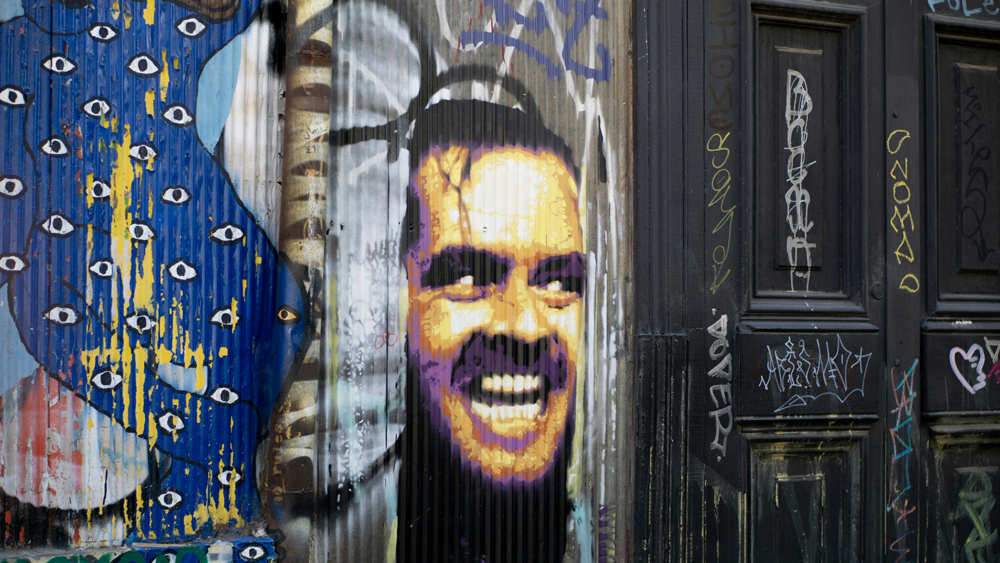The diner scene from the 1970 movie Five Easy Pieces appeared in many customer service training classes. Do you recall Bobby Dupea (played by Jack Nicholson) trying to order a plain omelet with a side order of wheat toast? He ran straight into: “No side orders, only what’s on the menu,” “No substitutions,” “I don’t make the rules,” and, “Would you like to talk to the manager?”
|
ADVERTISEMENT |
His solution was creative but expensive: “I’d like a plain omelet with a chicken salad sandwich on wheat toast. Hold the chicken, hold the mayonnaise, bring me a check for the chicken salad sandwich, and you haven’t broken any rules.”
…

Add new comment